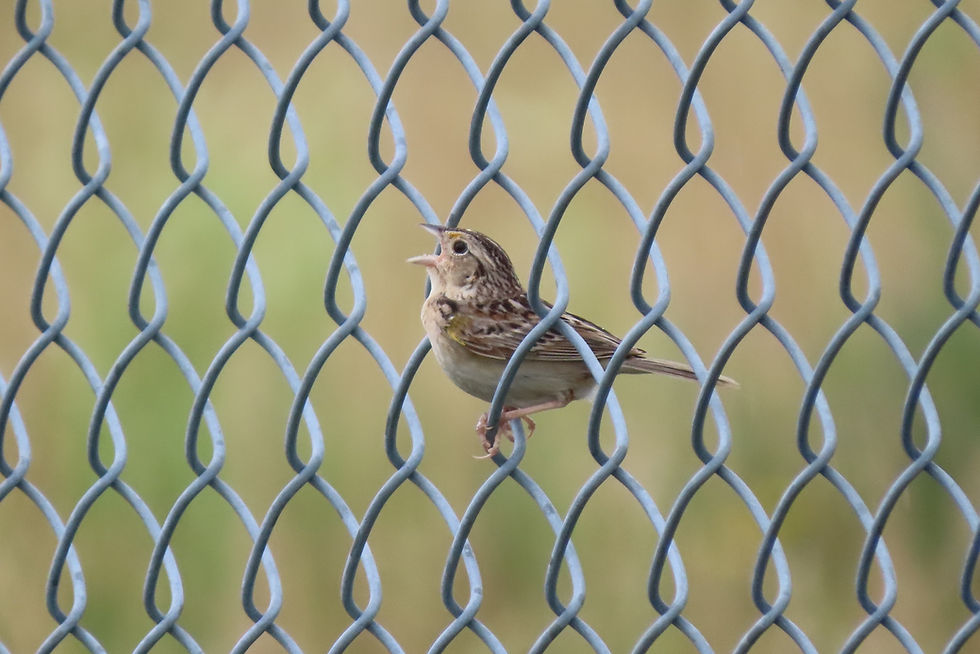Sound ID Feature of the Merlin App is Game Changer
- Paul Nicholson

- Aug 16, 2022
- 3 min read
Updated: Sep 14, 2022
Let’s say that you are bird-curious. Maybe you even have a pair of binoculars and a field guide, but that’s it. You are in for some game changing news because of the outstanding work of the Cornell Lab of Ornithology.
The Cornell Lab’s free Merlin app launched in 2014, but since then, it has been enhanced in many ways. It is powerful, engaging, and useful. The truth is, it can even make an experienced birder a much better birder.
The Merlin app, which is available for both iOS and Android devices, has many functions. There is a function that does a really good job in suggesting a species for a bird photo that you upload. If you don’t have a photo, there is a wizard function that will share with you a short list of candidate species for a bird that you have seen. The app is integrated with eBird so it can add a sighting to your life list if you are a bird lister. You can also explore lists of birds seen by others in your area.
I believe however that the most powerful magic of the Merlin app is the birdsong identification function. If you have downloaded the free Merlin app, you can activate the powerful Sound ID feature in just three taps. It will instantly be detecting birds in the area and making excellent suggestions about which species it is hearing. The app is good at ignoring ambient sounds while picking up relatively quiet bird vocalizations.

If you see and hear this bird singing but you aren’t certain about the species, the sound identification feature of the Cornell Lab of Ornithology’s free Merlin app can tell you immediately. Photo by Paul Nicholson
If you are a new birder, you will know some basic bird vocalizations such as the caw of an American Crow, the chickadee-dee-dee of a Black-capped Chickadee, and the jay call of a Blue Jay. This is a basic framework upon which one can grow your birdsong knowledge. Just ten years ago, the learning process from here was laborious and often unsatisfying. While walking though a leafy forest you might hear a call, but without being able to see the bird easily, there was no opportunity to learn about it.
If you hear a bird singing but are unable to identify it, Merlin can give you a solid candidate species. In this way, a new birder can learn more quickly about songs such as Carolina Wren, Warbling Vireo, Baltimore Oriole, and Chimney Swift.
To do a 30-second test right now, activate the Sound ID of your Merlin app then click this link. (The app even detects a couple of birds that are singing in the background.)
Alternatively, if you are out on a birding hike, you can activate the app while heading along the path. I find it to be a great game to compete with Merlin. Inevitably, the app will hear and identify a bird that I had completely missed. Not only does this remind me of the bird’s call, but I can then attempt to locate and observe the bird.
Recorded bird vocalizations from Merlin can be uploaded to eBird as audio records, and Merlin’s already excellent Sound ID function will continue to improve. The artificial intelligence that powers the app is always refining the identifications. And while the Sound ID feature already covers the birds of Canada, the U.S., and Europe, it will cover more of the planet soon.
Merlin is a tremendous name for this free app. Not only is a Merlin a type of falcon, it also brings to mind the wizard in the legend of King Arthur. Both seem magical. If you don’t yet have it, download Merlin now.




Comments